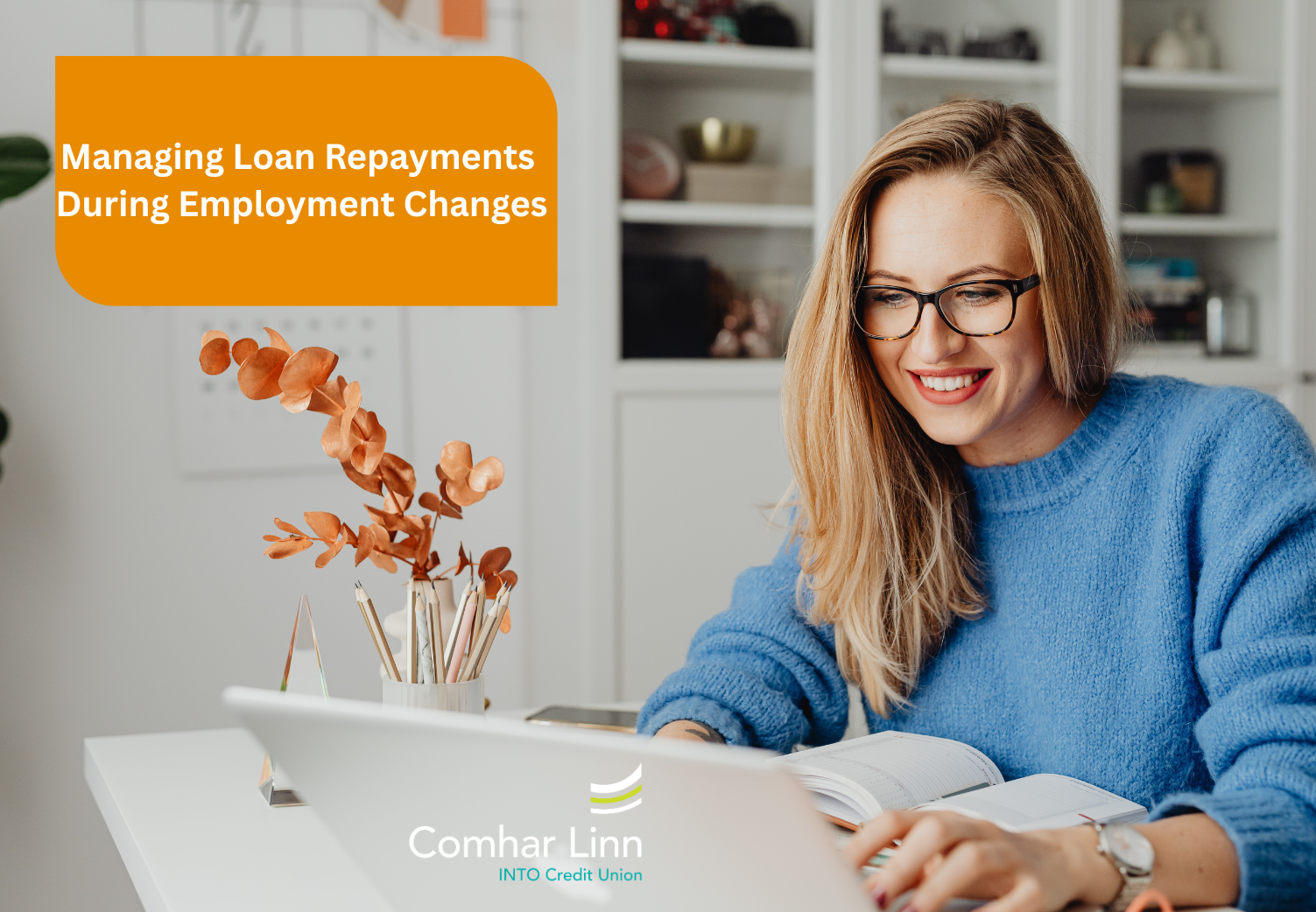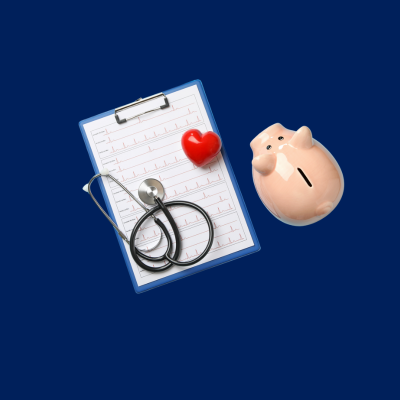24 May 2019
New year new financial habits
NEW YEAR, NEW FINANCIAL HABITS - SINEAD RYAN
We’re all thinking about new year resolutions. We know that small, incremental changes that become habitual are far more likely to succeed than big sweeping ones. It’s no different when it comes to your finances.
So, if your money is running out before the month is, here are some tips to get you back on track.
Stop beating yourself up
Everyone overspends at Christmas. We all end up with more stuff than we need (or want), and everyone will be bracing themselves for their credit card bill. Berating yourself is a bit like rueing the last slice of Christmas pud. It’s done now, so all that’s left is clambering on top of the problem rather than immersing yourself in it.
Not all debt is bad
‘Good’ debt is classified as that which you couldn’t afford without a loan. A mortgage, say, or a car. A structured repayment over a set period is how we all pay for these things.
‘Bad’ debt is when you let day to day spending get out of hand and start putting the groceries on Visa. Credit cards are the very embodiment of bad debt, unless they’re cleared in full, on time. Banks, although borrowing money for free (inter-bank ECB rates have been 0pc for years), charge 20pc or more to customers, knowing 70pc of them only make the minimum payment, keeping them as ‘revolvers’ forever.
Solution:
Write down all the debt you have, starting with the highest interest-bearing one (credit cards), usually followed by overdrafts, personal loans, and finally, your mortgage. If you can increase payments even for a few months on the credit card, the effect will ‘snowball’ downwards. Here’s an example:
€5,000 charged at 20pc with minimum payments of €125 p.m. (which is all you will be asked for), would take 5 years, 7 months to clear!
Doubling the payment to €250 will cut that time to 2 years, 1 month. It would take just 12 months, at €500. Once you have freed up this monthly burden, transfer it downwards to the next loan and so on.
Consolidation
As an alternative, consolidate your debts. It’s easier to pay off one loan over a fixed period, on a fixed repayment than juggling separate ones.
Check what loans could be paid off immediately. Generally, a variable rate loan can, but a fixed rate loan cannot, or at least not without penalty. Ask your bank or Credit Union to calculate what it would cost to redeem the loan immediately.
You might have €2,500 on credit card, €3,000 on a personal loan and €500 overdraft. All this is costing a fortune in interest alone.
Consolidating it into one loan of €6,000, rigidly paid over say 3 or 4 years at a lower rate (your credit union will definitely be cheaper here), will clear all three debts in a focused way … as long as you don’t rack up extra loans in the meantime.
Learn more about Comhar Linn INTO's One Loan, One Repayment Consolidation Loan. Reduce your monthly repayment amount and save with a lower interest rate. See representative example:
Save €520 over 2 years
Tech Help
Your bank app may offer a budgeting tool, or graphic showing your spend. Knowing where you are haemorrhaging cash is vital.
You can download great budget apps too: Splitwise lets you split bills in groups, say housemates, or colleagues. Bullet scans in receipts and creates your spending profile; HomeBudget (anishu.com) is great for families pooling bills and incomes.
Utilities
Pay all your home utility bills by direct debit and insurances by annual premium. It takes the pain away: for the former, most of the electricity and gas providers spread payments monthly - this means you won’t pay a huge amount in winter for heating, and nothing in summer.
Of course, many credit unions offer budget payment for free or a few euro per month to even out all of your bills.
Paying insurance annually is cheaper as most insurers charge (a lot) for the expense of collecting monthly - some up to 16pc or more on top of your premium. Even if you borrow the premium up front, chances are the loan will only cost you 6 - 12pc with the credit union.
Shopping
Stop contactless payments, especially on your credit card. It's the single simplest way to rack up debt. You should consider every payment mindfully, no matter how small, and whether you really need it.
Savings
Most of us have savings somewhere on deposit (there's over €100 Billion in deposits, post offices and prize bonds, after all!). While it's perfectly okay to have both savings, albeit earning nothing and a credit card charging a lot, it makes no sense to service expensive debt if you have the means to pay some of it off.
Structuring your savings, into short, medium and long term goals gives them focus. Opening up deposit accounts is free.
Help
You are never alone in debt, although it can feel that way. Switcher.ie research found while 49pc would turn to their partner for help, 20pc would simply bottle it up. Don’t be them - it is misplaced shame. MABS is a super organisation and brilliant at budgeting and debt management.
Mabs 0761 07 2000.







